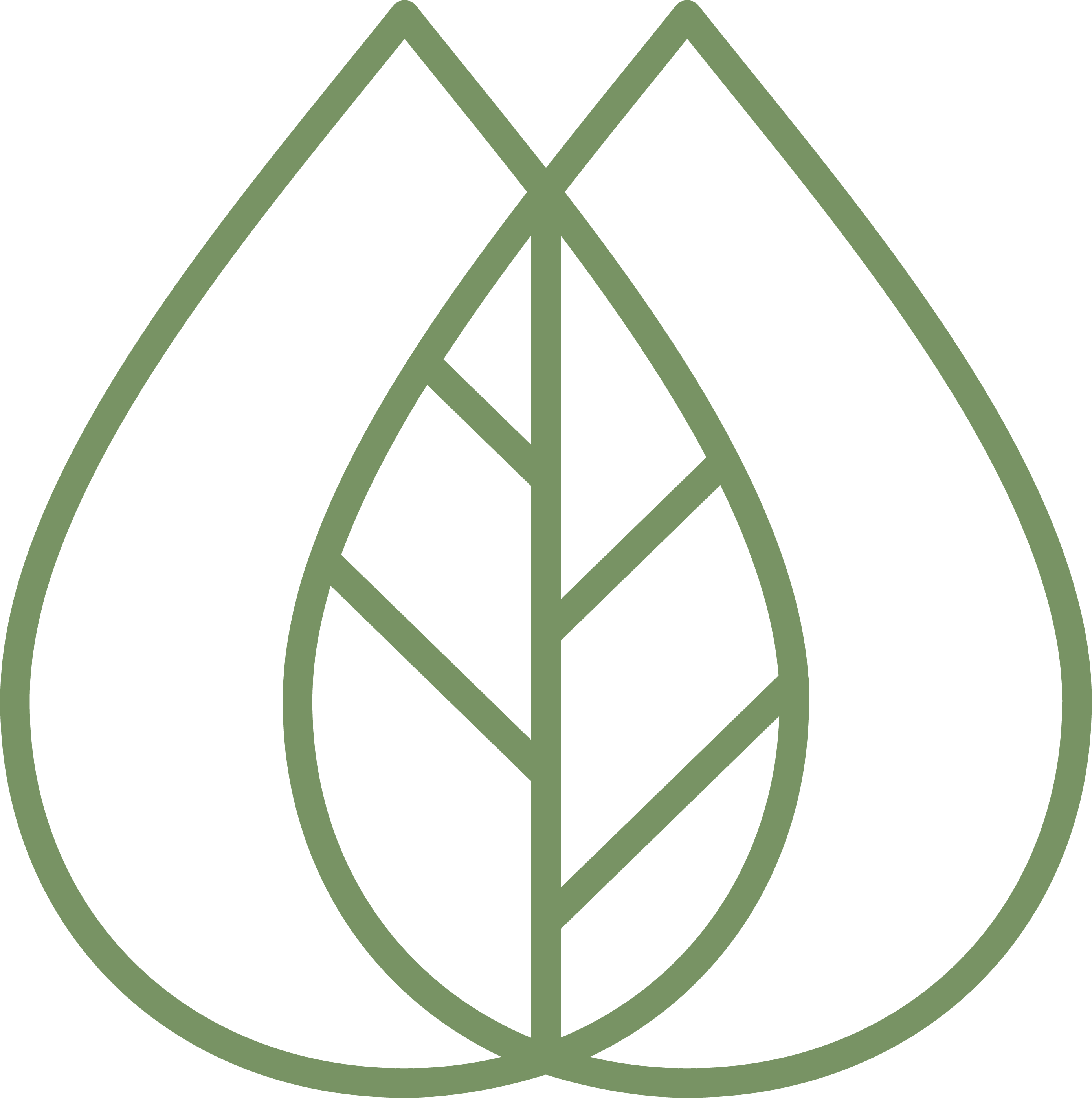Description
Herbal medicine, also known as botanical medicine or phytomedicine, refers to the use of plants, plant extracts, and plant-based substances to prevent, alleviate, or treat various medical conditions and promote...
0



Please login to comment.